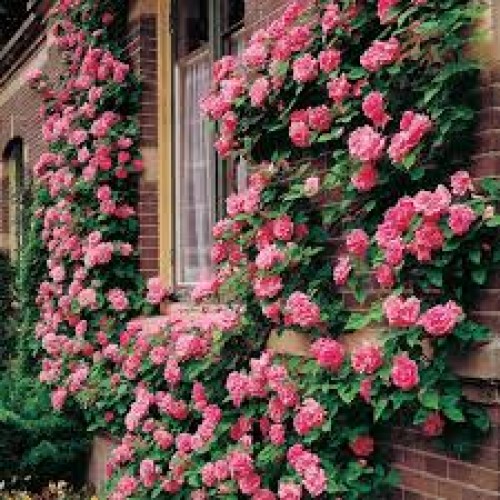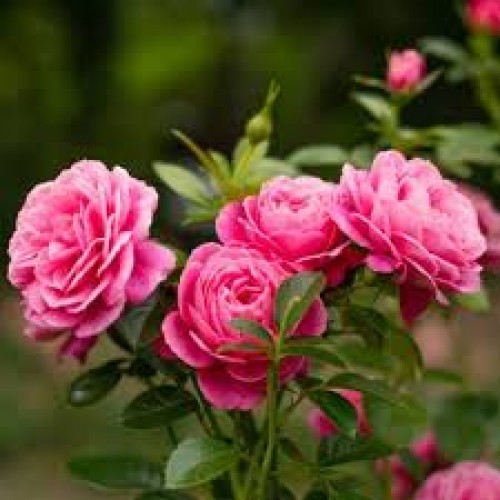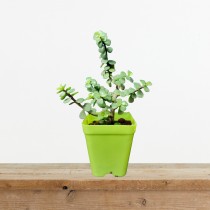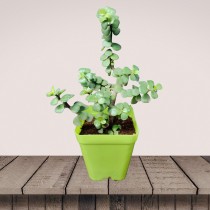60%
off
off
-
Sold
-

-

out
Botanical Features & Nature
- Scientific Name: Rosa spp.
- Common Names: Climbing Rose, Rambling Rose
- Family: Rosaceae
- Origin: Various species native to Europe, Asia, and North America
- Growth Habit: Vigorous climbers with long, arching canes that can be trained over structures
- Height: Typically grows between 6 to 15 feet (1.8 to 4.5 meters), depending on variety and support
- Foliage: Deciduous, pinnate leaves with serrated margins
- Flowers: Large, often fragrant blooms in various colors; bloom time varies by variety
Care & Cultivation
- Sunlight: Prefers full sun; at least 6 hours of direct sunlight daily
- Soil: Thrives in well-drained, fertile soil with a pH between 6.0 and 7.0
- Watering: Water deeply and regularly, especially during dry periods; avoid overhead watering to minimize fungal diseases
- Temperature: Hardy in USDA zones 4-9; protect from extreme temperatures
- Fertilization: Apply a balanced fertilizer in early spring and again after the first bloom
- Pruning: Prune in late winter or early spring to remove dead or weak stems and to shape the plant
- Support: Requires sturdy structures like trellises, arbors, or fences for support
- Propagation: Propagated through hardwood cuttings taken in fall or by layering
Uses & Benefits
Ornamental Applications
- Enhances vertical spaces such as walls, fences, and pergolas with lush foliage and vibrant blooms
- Adds aesthetic appeal and fragrance to gardens and landscapes
- Can be used to create natural privacy screens or garden partitions
Environmental Significance
- Attracts pollinators like bees and butterflies, promoting biodiversity
- Provides habitat and shelter for various beneficial insects and birds
Cultural Importance
- Symbolizes love, beauty, and passion in various cultures
- Frequently used in traditional ceremonies, festivals, and ornamental displays
Advantages of Planting Climbing Roses
- Vertical Growth: Maximizes use of vertical space, ideal for small gardens
- Extended Blooming Period: Many varieties bloom repeatedly throughout the growing season
- Fragrance: Offers delightful scents that enhance the sensory experience of gardens
- Versatility: Suitable for various landscaping applications and can be trained in different forms
- Low Maintenance: Once established, requires minimal care beyond regular pruning and feeding

